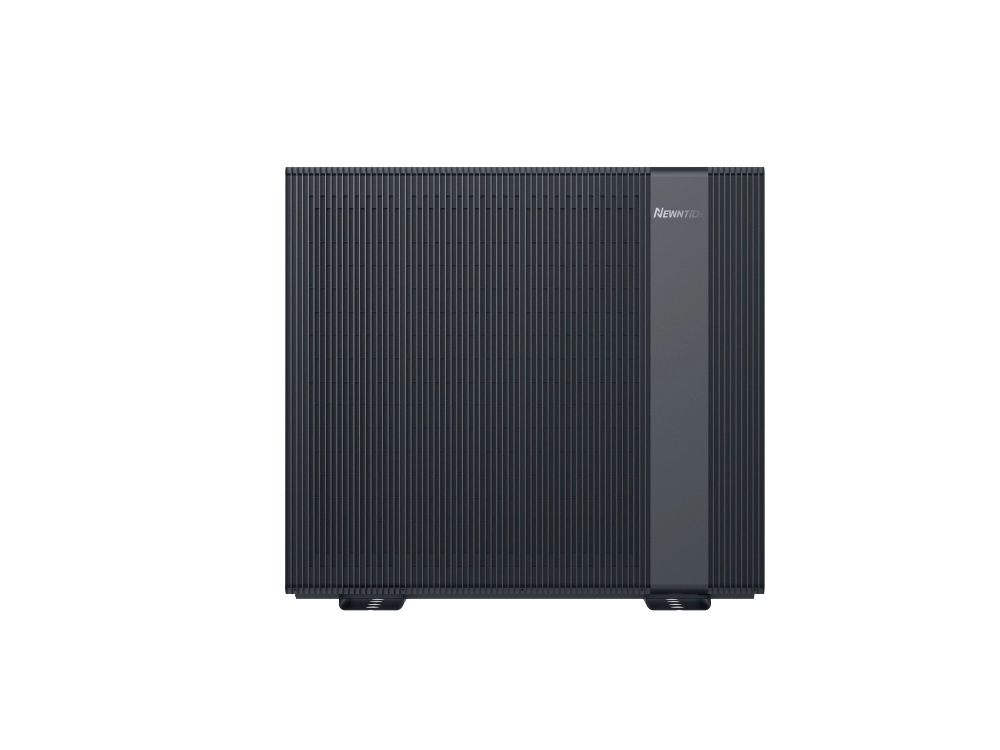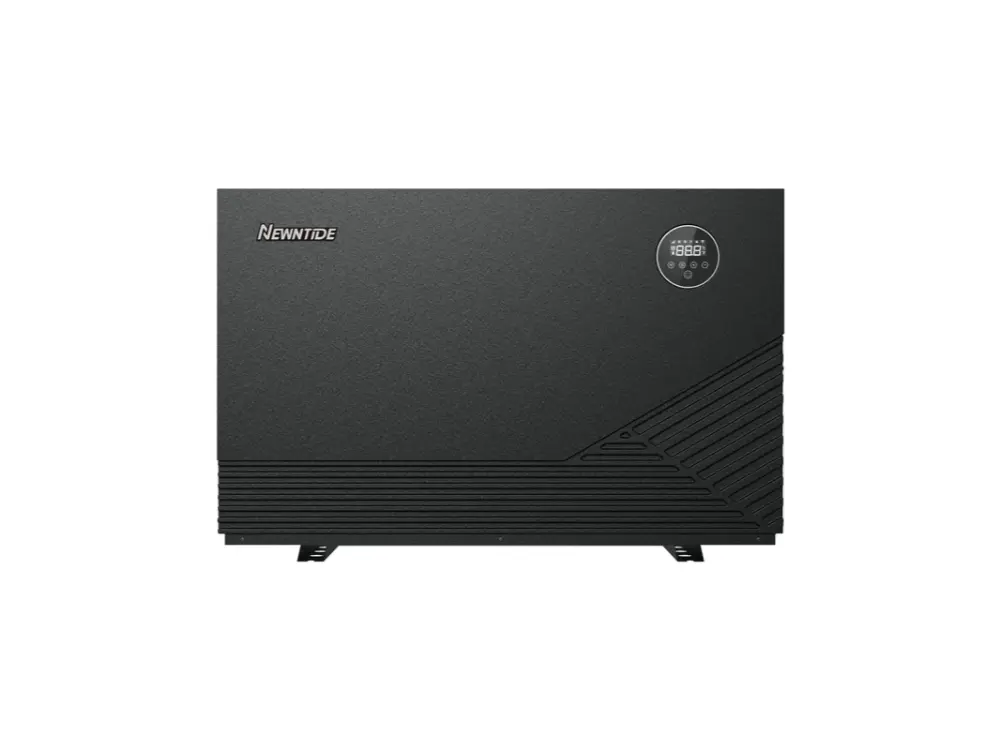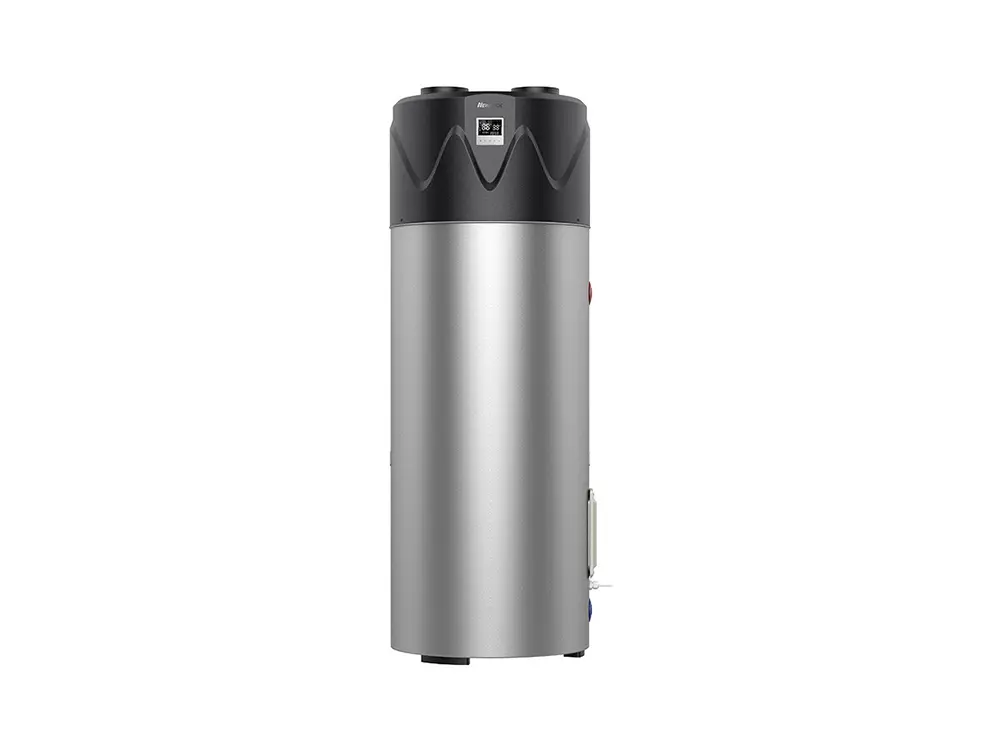As the world accelerates its transition to low-carbon, energy-efficient technologies, the debate between heat pumps and traditional boilers has become a central topic in the heating sector. Both systems can be used for heating purposes, but which one deserves a long-term investment?
Let’s break down the comparison between heat pump and gas boilers across key aspects including energy efficiency, operational cost, application and policy support, supported by real data and industry analysis.
Energy Efficiency
Despite the efficiency of boilers having improved to 90-95% over recent years (meaning 95% of the fuel’s energy is converted into heat), heat pumps are more energy efficient than boilers. Heat pumps can reach an efficiency of up to 400% under optimal conditions by recycling heat from the air. This means heat pumps produce 4 times more heat than gas boilers for every kilowatt of energy used by the heat pump. A 2023 study by the International Energy Agency (IEA) estimated that households switching from gas boilers to heat pumps could reduce their heating energy consumption by up to 60%, depending on local climate and building conditions. In regions with mild to moderate winters, the performance gap becomes even more remarkable.
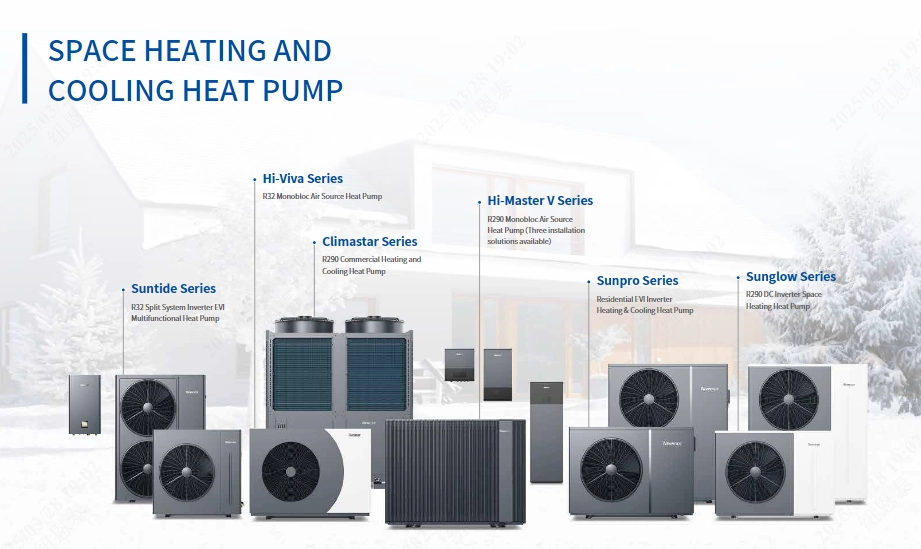
Operational Costs
Heat pumps are generally more expensive to purchase and install than gas boiler. However, they can offer long-term savings on energy bills thanks to their highly efficient operation. The operational costs of boilers are heavily influenced by fossil fuels prices. Typically heat pumps have lower operating costs because they use free ambient heat rather than generating it from fuels.
In terms of service life, the typical service life of a boiler is 10-15 years, shorter than that of a heat pump, while the service life of a heat pump is generally 15-20 years. With a typical 15-year lifespan, the savings on energy bills amount to tens of thousands of pounds over time, offsetting the high upfront cost over time.
Application Scenarios
In some cases, boilers offer lower upfront costs and faster deployment, particularly where cost, infrastructure, or extreme climate conditions are key considerations. In these cases, boilers offer lower upfront costs and faster deployment, making them a practical choice. Typical scenarios include:
- Cold climates with prolonged, harsh winters where extremely high heating output is required.
- Regions with existing natural gas infrastructure, where the cost and effort to install a new fuel supply network are negligible.
- Budget-constrained, short-term projects that require an immediate heating solution without significant capital investment.
On the other hand, heat pumps offer broader adaptability. They are well-suited for a wide range of climates, with some models that can operate reliably under -25℃ and even -28℃. They are ideal for various settings with year-round, stable heating needs, ranging from residential to commercial settings. Their electrification advantage also makes them ideal in areas pursuing a shift away from fossil fuel dependency. This versatility positions heat pumps as a forward-looking choice for future heating demands.
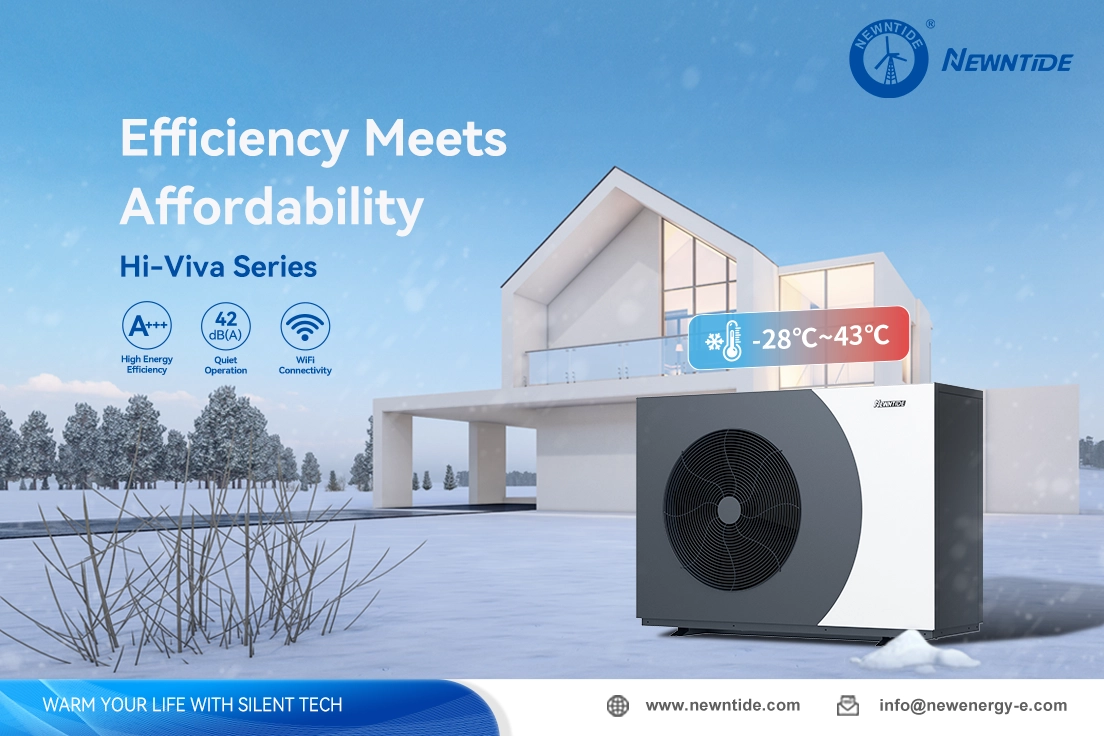
Market Trend & Policy Momentum
Heat pumps produce no direct carbon emission compared to gas boilers, making it an energy-efficient and sustainable heating solution. As global and regional climate policies tighten, fossil fuel-based heating systems are subject to carbon taxes, emission trading schemes, and phase-out mandates. The European Heat Pump Association (EHPA) estimates that widespread adoption of heat pumps across Europe could prevent 500 million tonnes of CO₂ emissions by 2030.
To achieve net-zero emissions by 2050, more regulations are launched to reduce reliance on fossil fuel-based heating systems and support the transition to renewable energy heating system. To be specific, the EPBDs (Energy Performance Building Directives) are requiring EU member states to completely phase out fossil fuel heating (and cooling) by 2040.
To encourage the adoption of low-carbon heating systems, many governments offer subsidies and tax rebates for installing heat pumps, encouraging their adoption as part of broader renewable energy strategies. Under government policies and global climate commitments, heat pumps are emerging as a mainstream heating system in the heating sector.
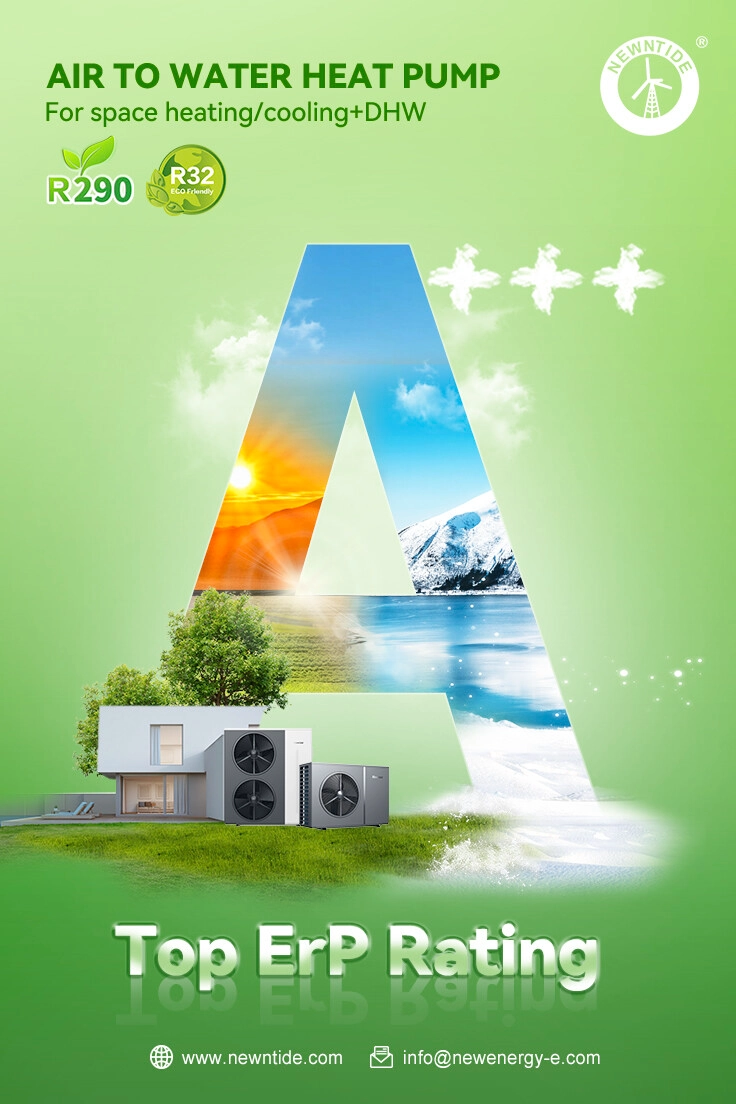
Conclusion
Nowadays, gas boilers may continue to meet specific needs in certain applications. However, the future of heating is gradually shifting toward cleaner, smarter, and more energy-efficient solutions. Heat pumps stand outs for superior energy efficiency, long-term savings, and environmental sustainability, making them the ideal choice for households, businesses, and industries aiming to lower operating costs and reduce their carbon footprint.
At NEWNTIDE, we are proud to be at the forefront of this transformation. Our advanced heat pump solutions are designed with cutting-edge technology, superior performance, and smart energy management — helping our customers stay ahead in a rapidly evolving energy landscape.
🌱 Ready to upgrade to a smarter, greener heating solution? Contact us today to learn more about our full range of high-efficiency heat pump products and customized solutions tailored to your needs.

